The National Assembly has decided to invest in two major projects of historical significance: the North-South High-Speed Railway and the Ninh Thuan Nuclear Power Plant. According to Dr. Tran Van Khai, Standing Member of the National Assembly's Committee on Science, Technology and Environment, proactively completing the legal corridor is to create momentum for these historic projects to be implemented most smoothly.
Proactively completing the legal corridor to create investment momentum for historical works
The National Assembly has decided to invest in two major projects of historical significance: the North-South High-Speed Railway and the Ninh Thuan Nuclear Power Plant. According to Dr. Tran Van Khai, Standing Member of the National Assembly's Committee on Science, Technology and Environment, proactively completing the legal corridor is to create momentum for these historic projects to be implemented most smoothly.
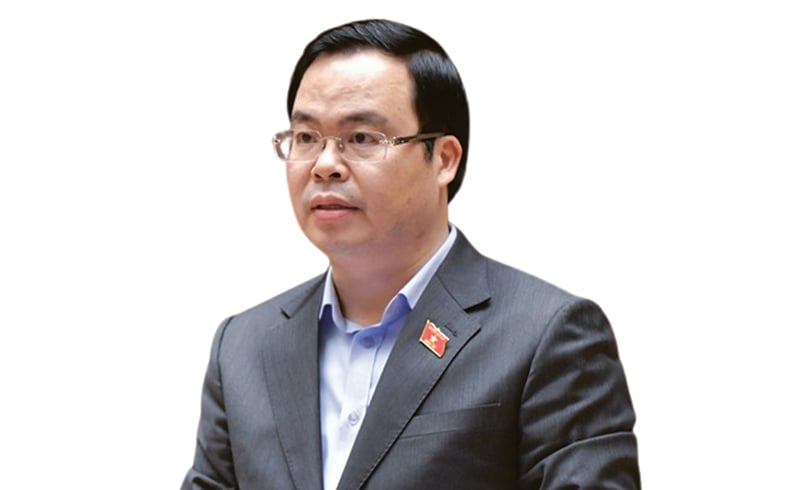 |
| Dr. Tran Van Khai, Standing Member of the National Assembly's Committee on Science, Technology and Environment. |
The North-South High-Speed Railway Project and the Ninh Thuan Nuclear Power Project are considered to have high scientific and technological content. What do you think about the preparation for selecting technology for these two particularly important projects?
These are two very large projects, of great significance in the determination to bring the country into a new era. The implementation process is associated with the implementation of Resolution 57-NQ/TW dated December 22, 2024 of the Politburo on breakthroughs in science, technology, innovation and national digital transformation, raising the issue of how to choose the most reasonable and advanced technology to be the foundation for developing the next projects. Another important thing is how to receive the transfer of that technology to gradually take the initiative in the process of investment, construction, management and operation, and continue to invest in the construction of new projects. This is an opportunity for Vietnam to directly access the most modern technologies in the world.
To do that, there must be regulations that foreign contractors must transfer technology to Vietnam when implementing projects. And to transfer technology successfully, Vietnam must also proactively prepare human resources, institutions, and facilities so that it can gradually approach and gradually completely master the technology.
As for the North-South High-Speed Railway Project, the Party, State and Government have taken very careful steps and calculations and have not yet decided which country's technology to choose, but will certainly be associated with the requirements of Resolution 57-NQ/TW, that is, associated with transfer, ownership and the best economic efficiency.
In the coming years, not only the above-mentioned high-speed railway line, but also many urban railway lines in large cities need to be invested in to solve the problem of public transport and solve the current traffic congestion problem. And so, the completion of institutions in the field of science and technology poses an urgent requirement for the legislative body.
Recently, the National Assembly Standing Committee agreed to supplement the draft Law on Atomic Energy (amended) to submit to the National Assembly for comments at the 9th Session (May 2025) and to pass it at the 10th Session (October 2025). What does this mean for nuclear power development in Vietnam, sir?
Nuclear power is a very important and stable source of electricity, and with current technology, ensuring safety is no longer a matter of concern. Currently in Vietnam, electricity sources using traditional resources are increasingly depleted, creating a stable source of electricity to replace coal and gas power that pollute the environment, the only way left is to use nuclear power.
In fact, when looking for investment opportunities in Vietnam, large corporations first require clean electricity because only with clean electricity can their products be exported. Meanwhile, currently, electricity sources using traditional resources still account for a fairly high proportion and are on the path to gradually decreasing, so the implementation of the Ninh Thuan Nuclear Power Project is a very urgent task.
To smoothly implement the Ninh Thuan Nuclear Power Project in particular and develop nuclear power in general, it is necessary to perfect the institutions in this field, including amending the Law on Atomic Energy. The National Assembly Standing Committee has decided that if the quality of the draft law is guaranteed, it will be passed immediately at the 9th Session.
Assigned to review this draft law, the Committee for Science, Technology and Environment is actively collecting information, surveying, evaluating, consulting with experts, scientists, and investors so that when the Government submits the draft law, there will be in-depth participation and comprehensive criticism to best complete new policies in this field. Thus, when the law is promulgated, not only can the Ninh Thuan Nuclear Power Project be prepared in the smoothest way, but it will also open up new space for the nuclear power industry in other places when conditions are sufficient.
According to you, what new policies are noteworthy in this revision?
According to the initial documents, the Ministry of Science and Technology (the drafting agency) proposed 4 policy groups in the construction of the Law on Atomic Energy (amended).
One is to promote the development and socialization of the application of nuclear energy.
Second, ensuring radiation safety, nuclear security and decentralization in state management.
Third, complete a comprehensive legal framework for nuclear inspection activities.
Fourth, management of radioactive waste, radioactive sources and fuel.
All four of the above policies are very important in institutionalizing the Party and State's guidelines and policies on developing nuclear energy for peaceful purposes (including developing nuclear power to promptly meet the green transition trend and the Net Zero target by 2050), ensuring safety, security and non-proliferation of nuclear weapons, and promoting decentralization and delegation of power in state management of nuclear energy.
This amendment will also improve regulations on nuclear facility safety and security, such as adding regulations for nuclear power plants, internalizing a number of international regulations on nuclear safety, security and physical protection of nuclear facilities, unifying regulations on construction and operation of nuclear power plants and research reactors with the laws on Construction, Environmental Protection, Electricity, etc. All of these contents are very important in implementing the construction of nuclear power plants.
Source: https://baodautu.vn/chu-dong-hoan-thien-hanh-lang-phap-ly-tao-da-dau-tu-cho-cac-cong-trinh-lich-su-d244632.html



![[Photo] Unique Ao Dai Parade forming a map of Vietnam with more than 1,000 women participating](https://vstatic.vietnam.vn/vietnam/resource/IMAGE/2025/3/29/fbd695fa9d5f43b89800439215ad7c69)
![[Photo] Schools and students approach digital transformation, building smart schools](https://vstatic.vietnam.vn/vietnam/resource/IMAGE/2025/3/29/9ede9f0df2d342bdbf555d36e753854f)



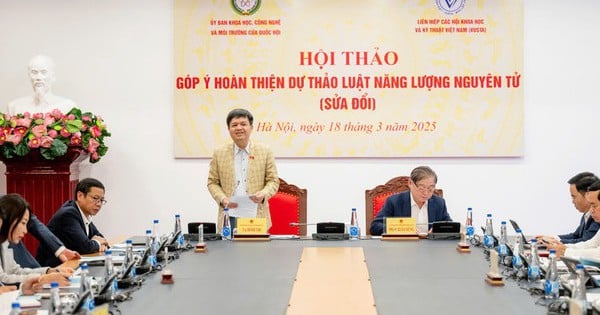

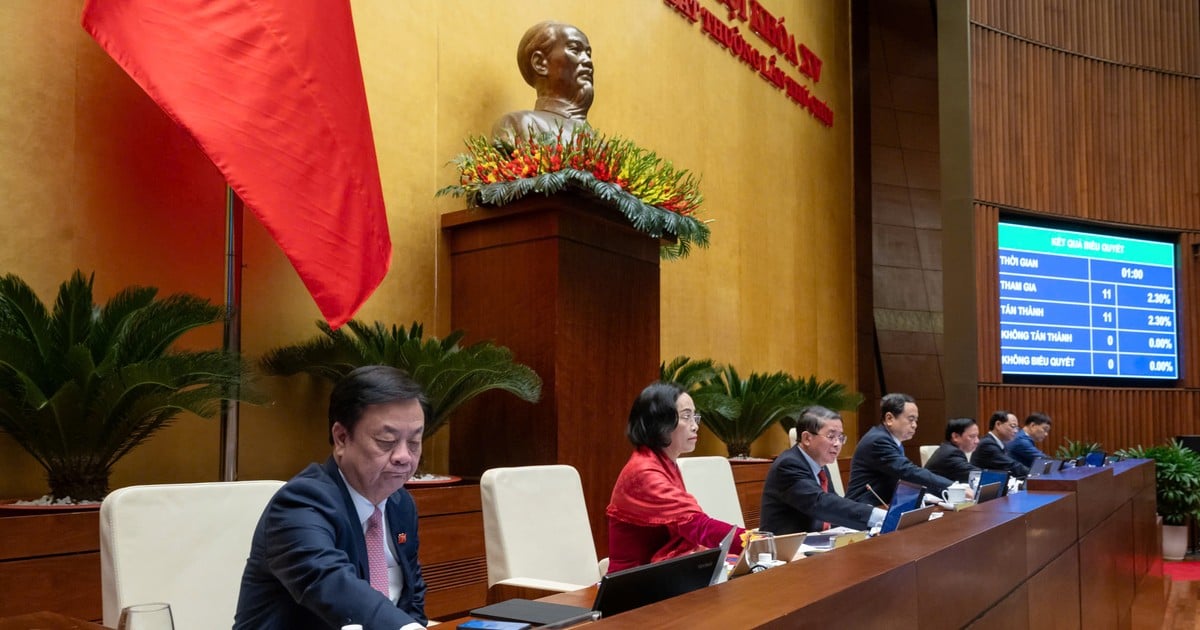

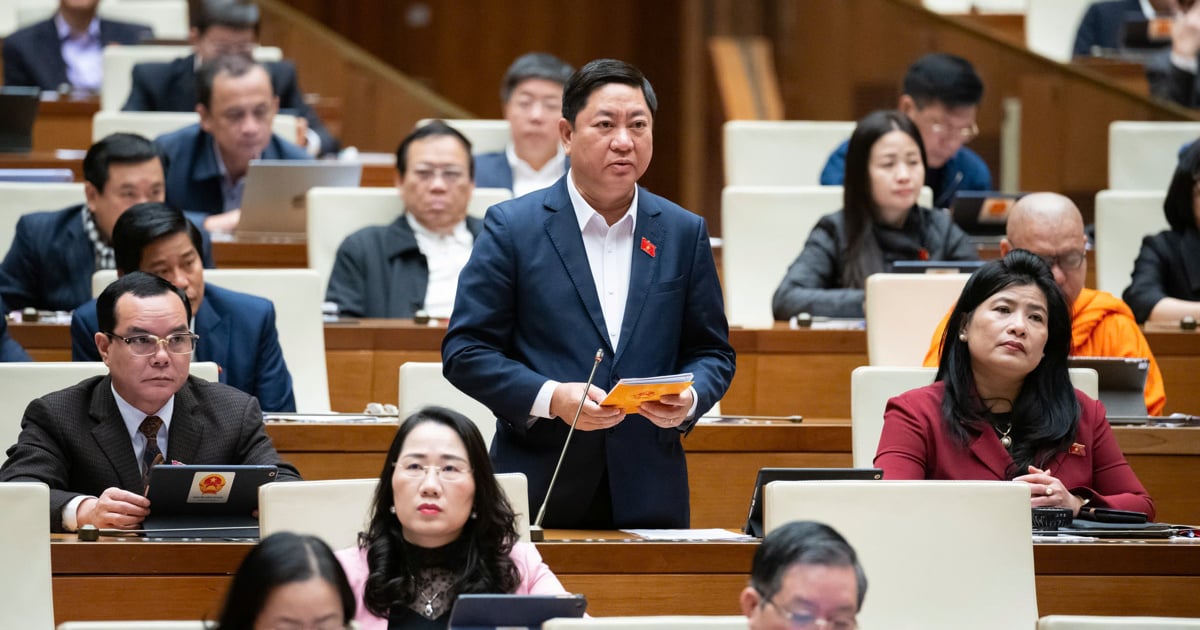

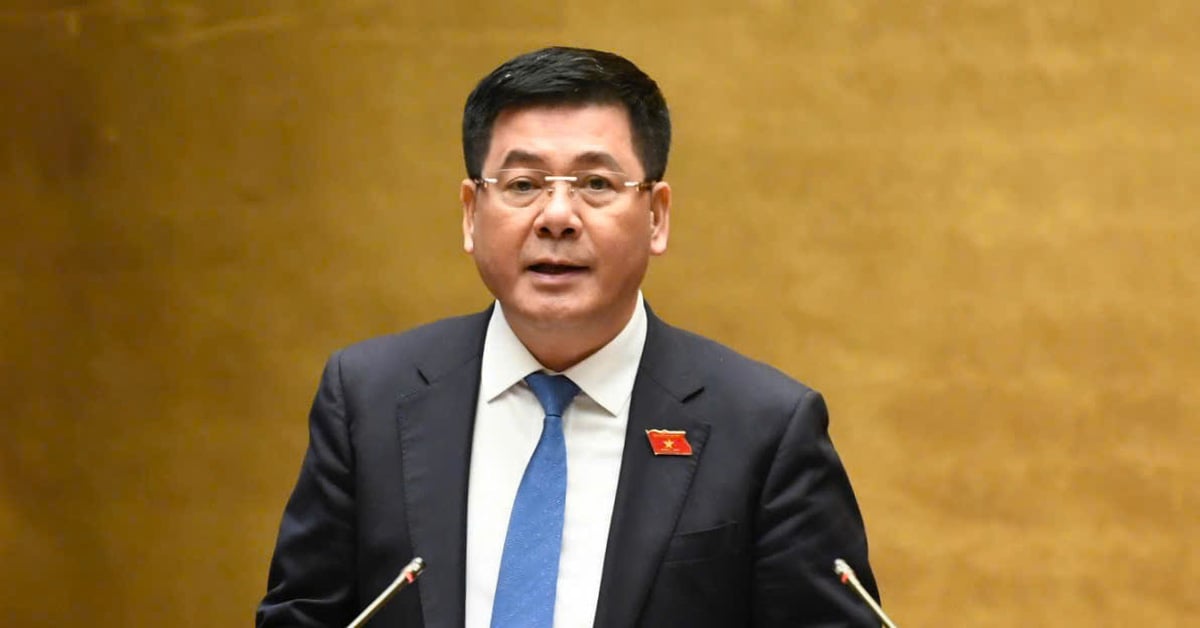

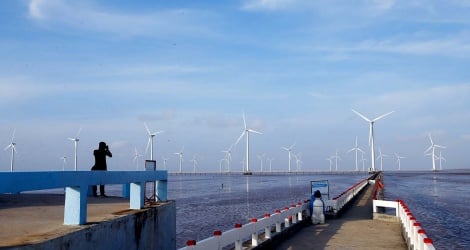

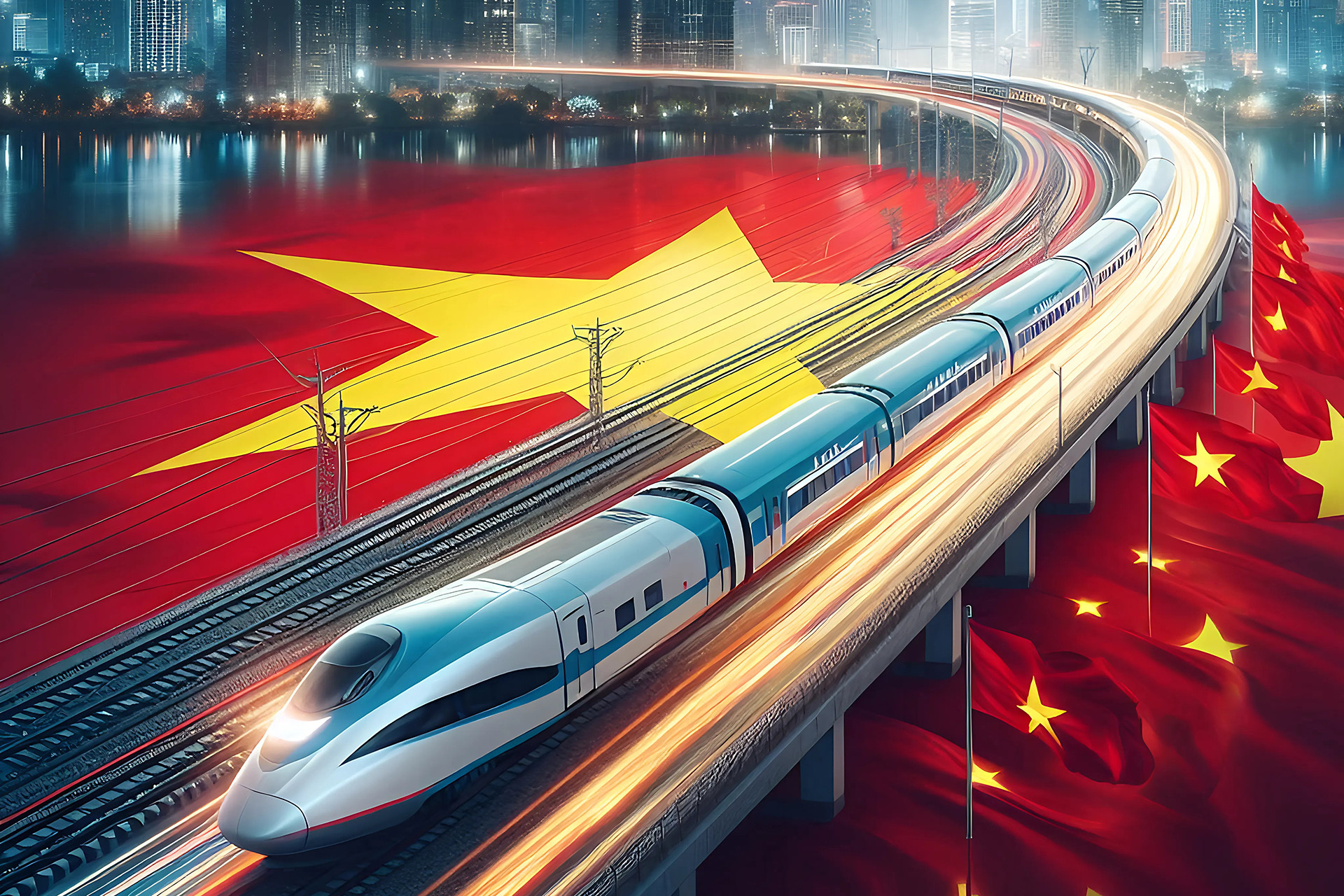




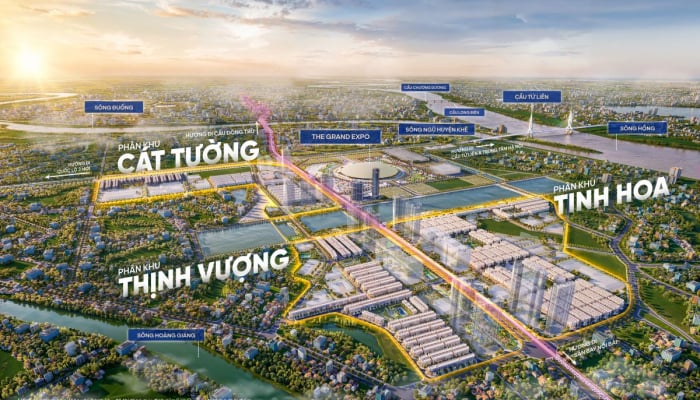
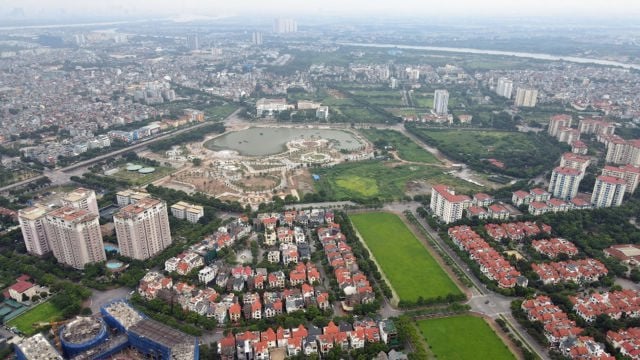





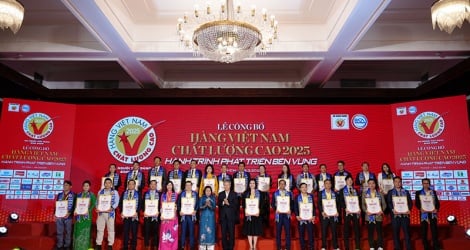


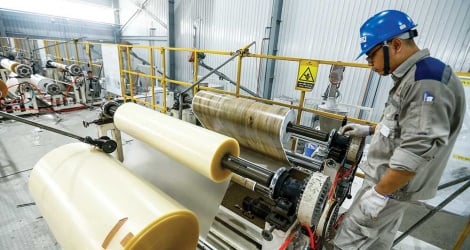

![[Photo] Flower cars and flower boats compete to show off their colors, celebrating the 50th anniversary of Da Nang Liberation Day](https://vstatic.vietnam.vn/vietnam/resource/IMAGE/2025/3/28/086d6ece3f244f019ca50bf7cd02753b)
![[Photo] Training the spirit of a Navy soldier](https://vstatic.vietnam.vn/vietnam/resource/IMAGE/2025/3/29/51457838358049fb8676fe7122a92bfa)












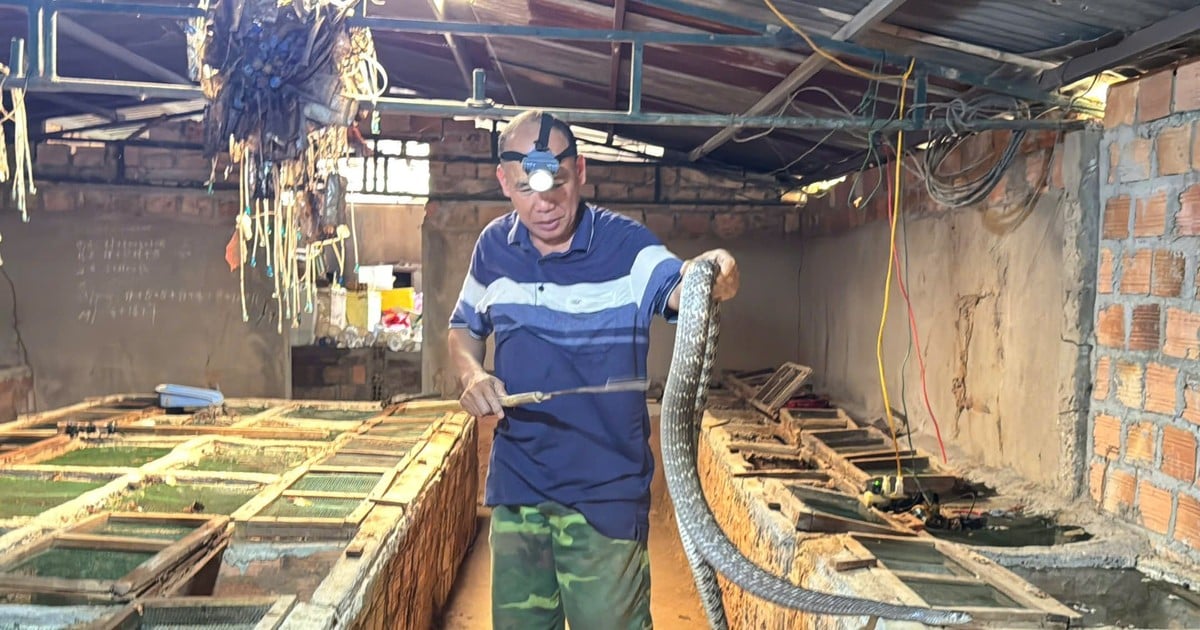


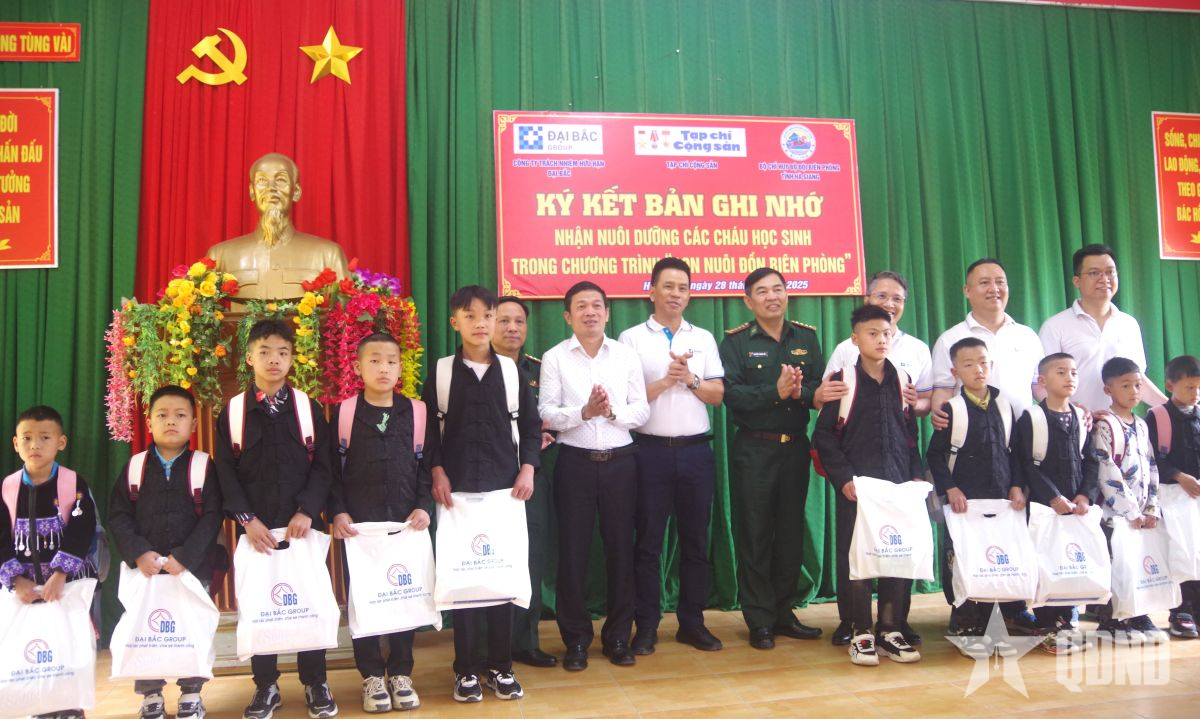















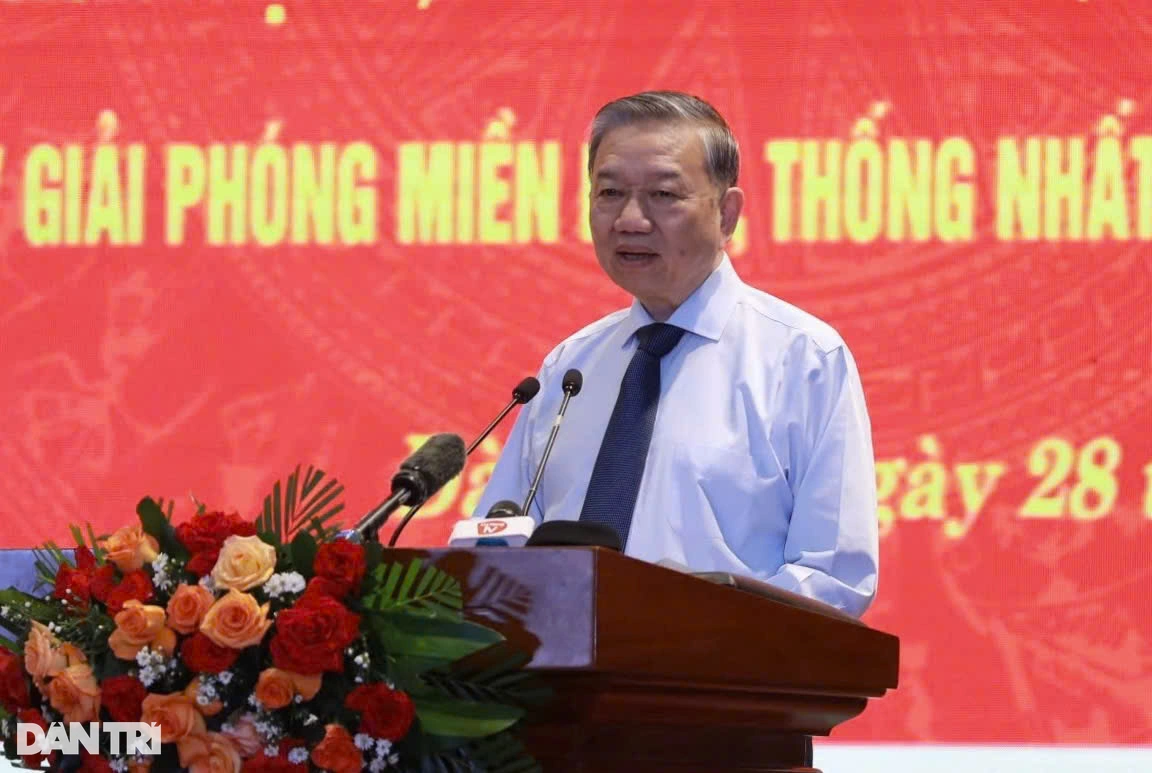
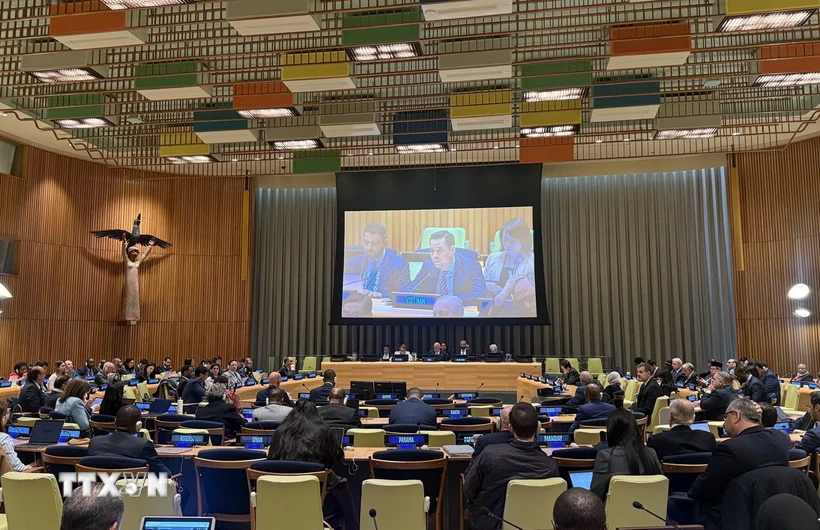
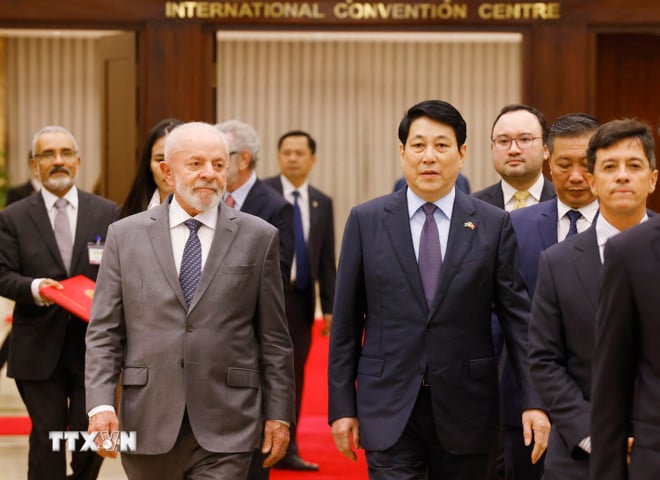
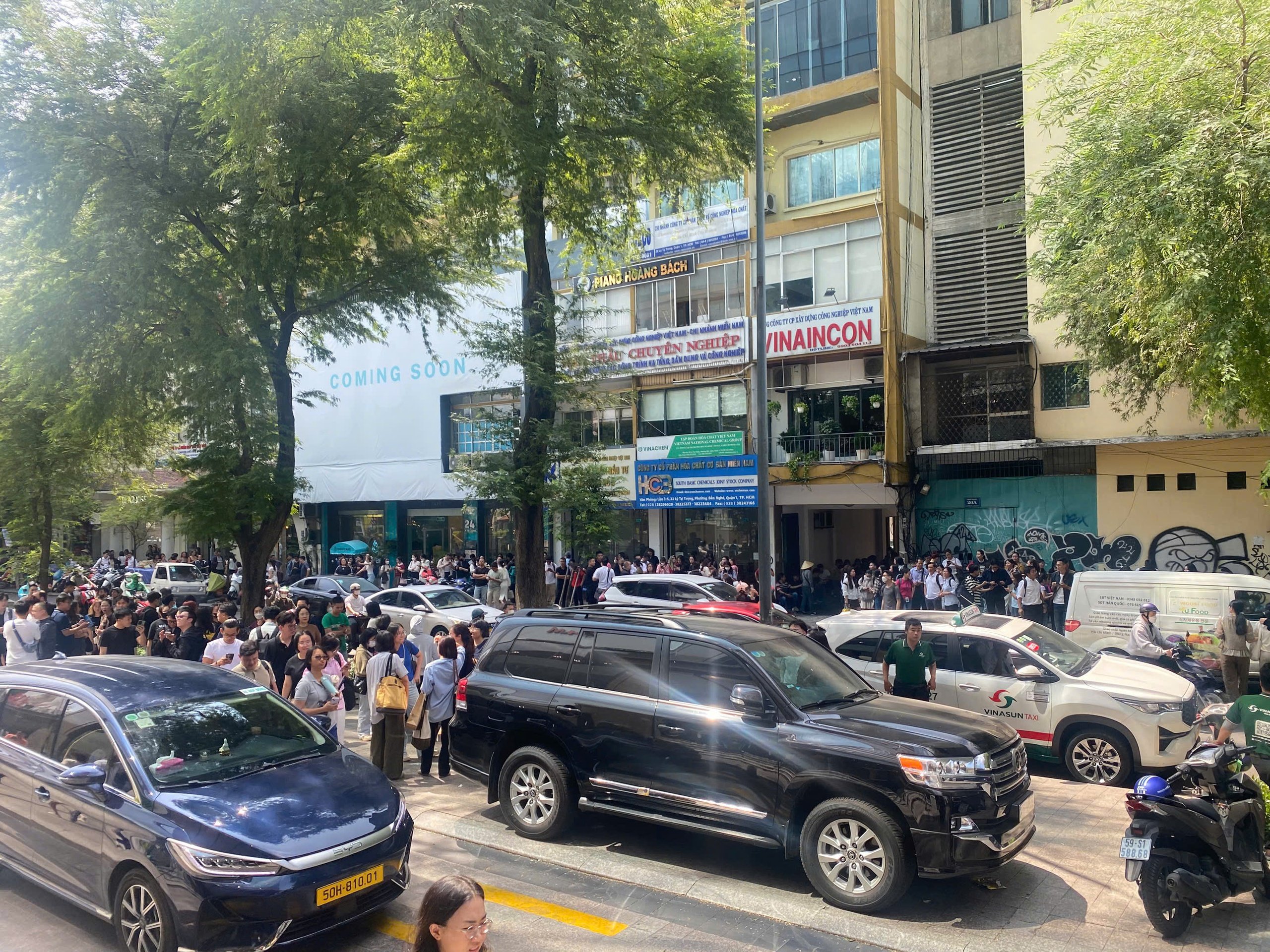
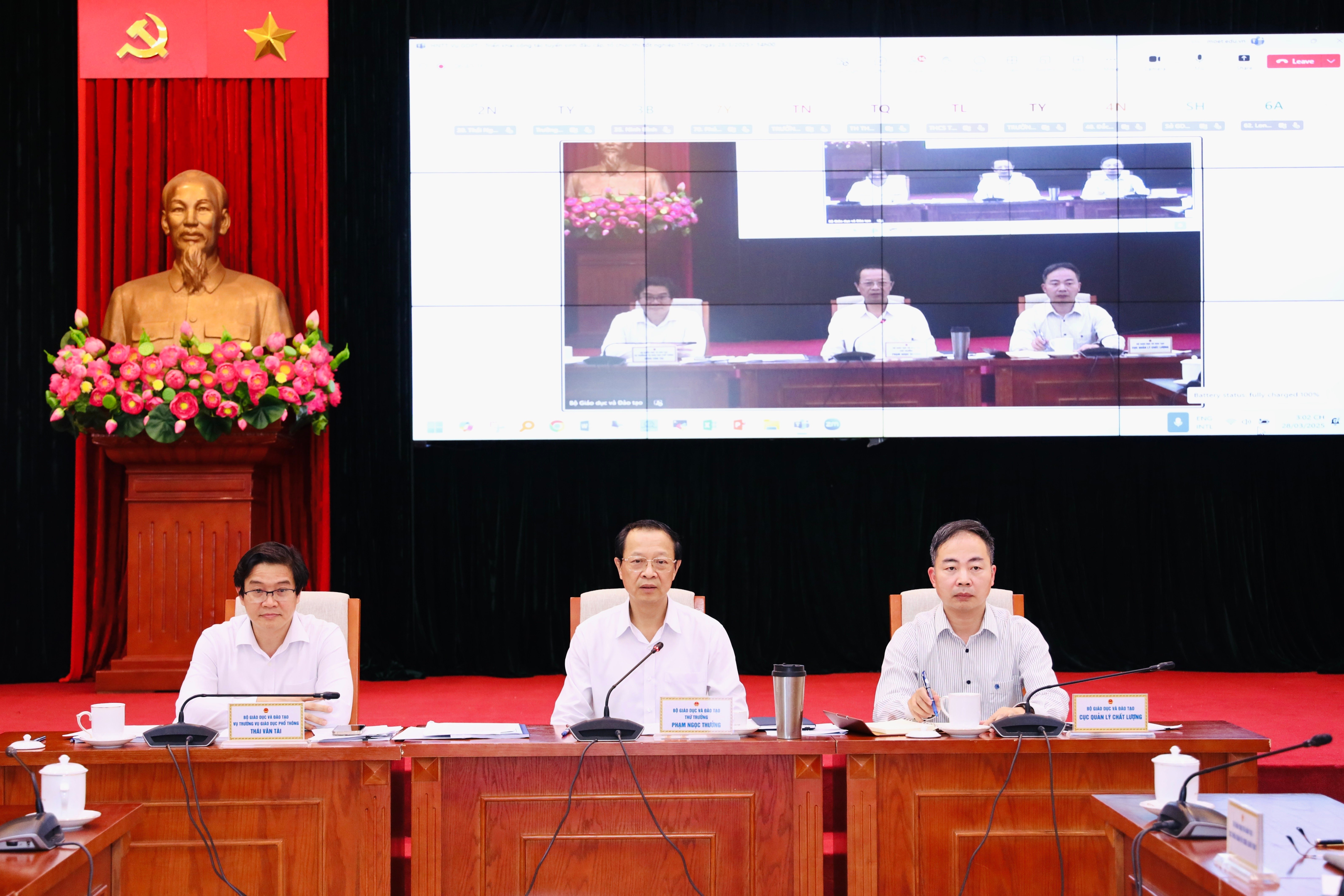

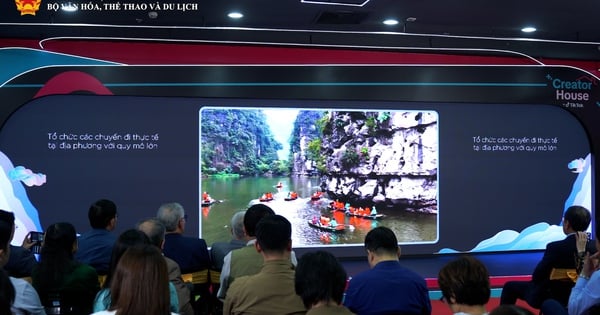

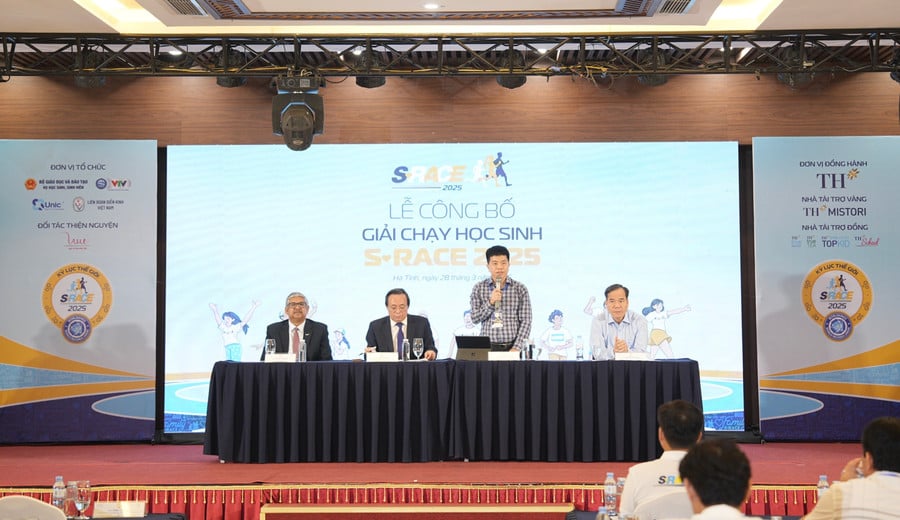
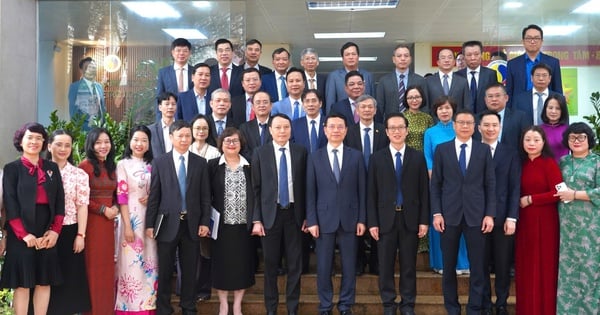

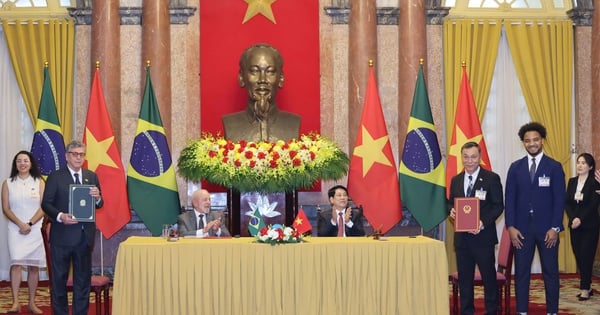
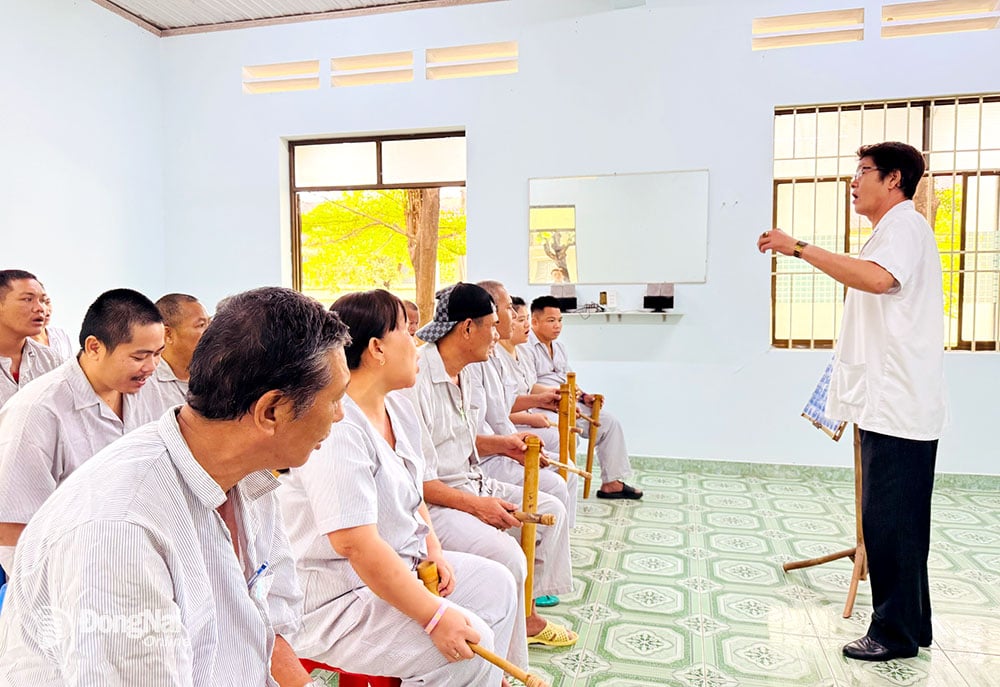

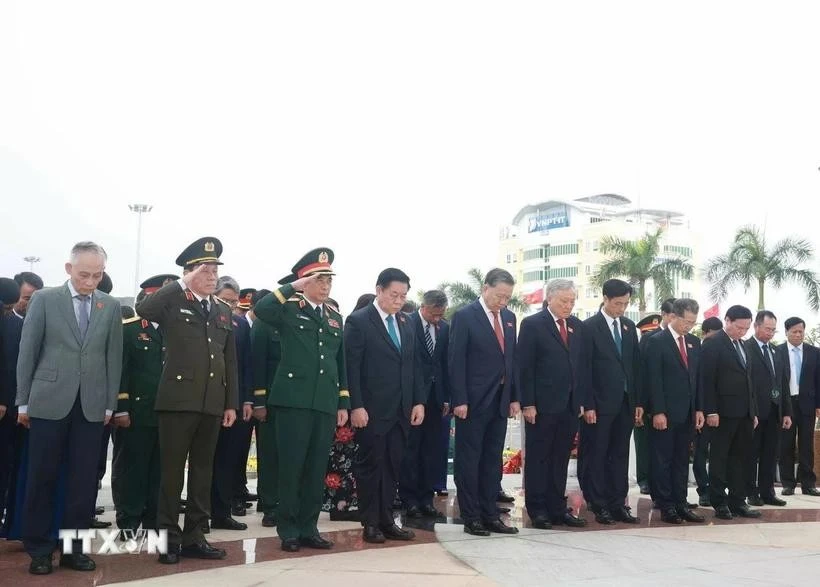

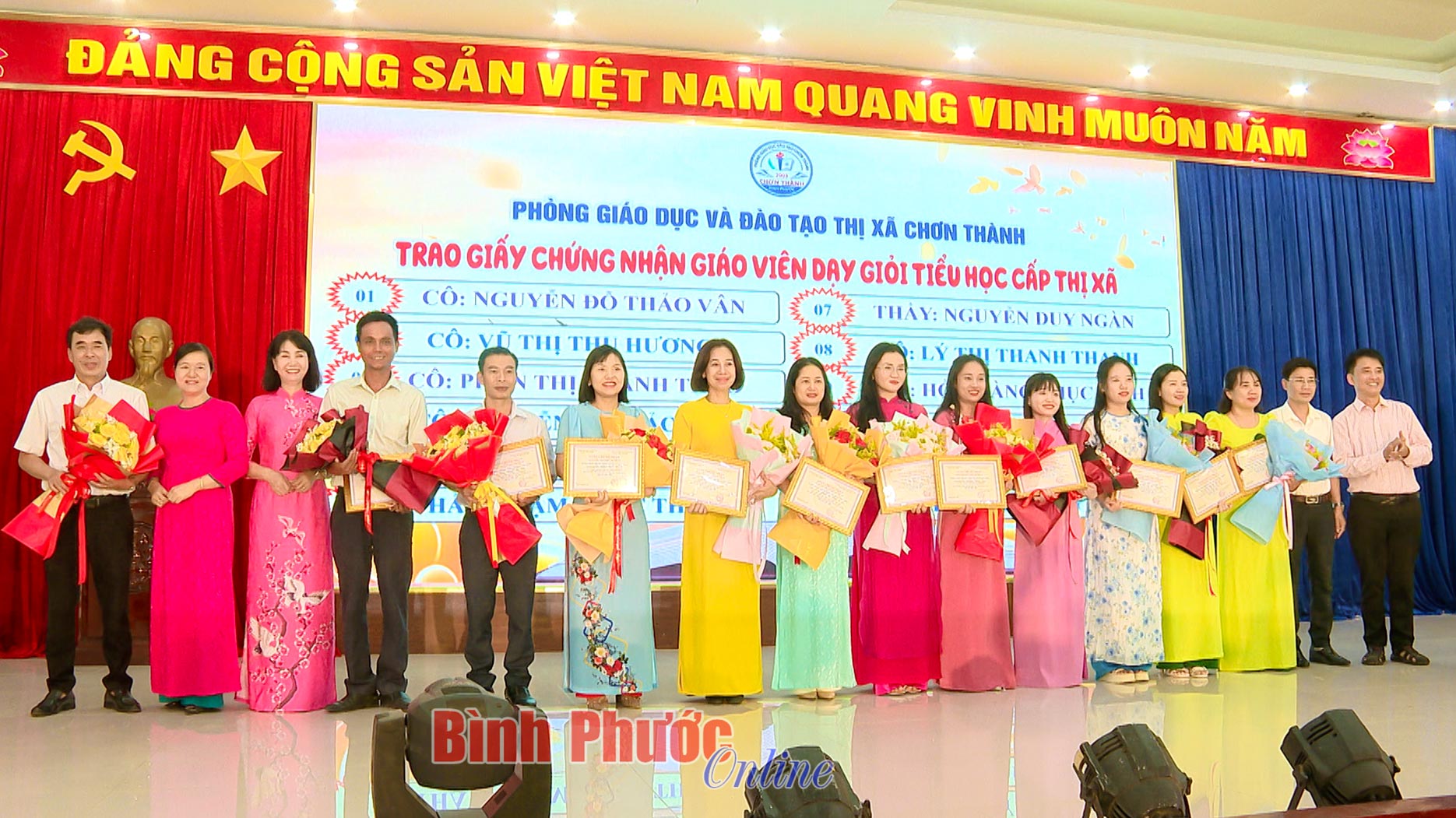













Comment (0)